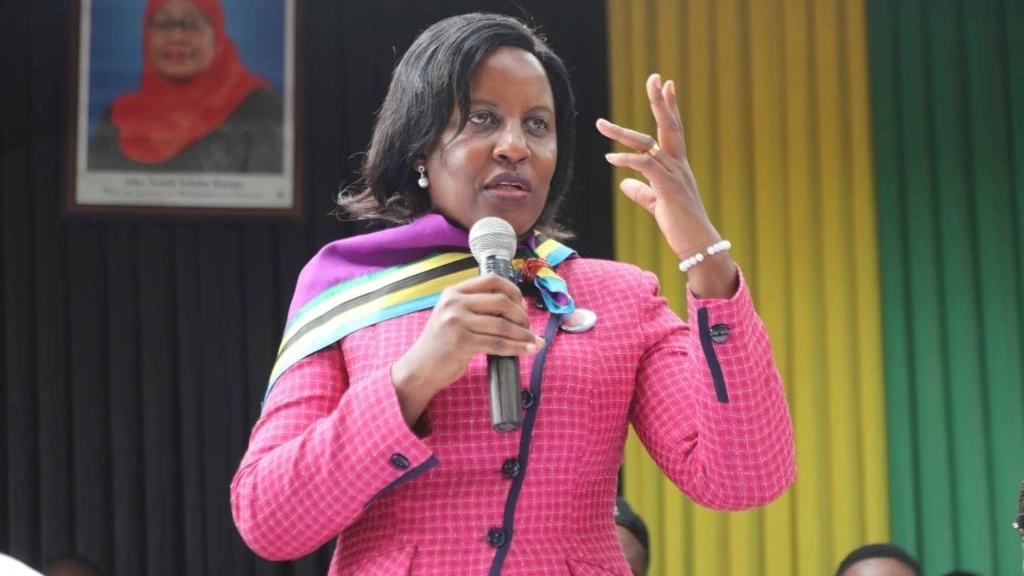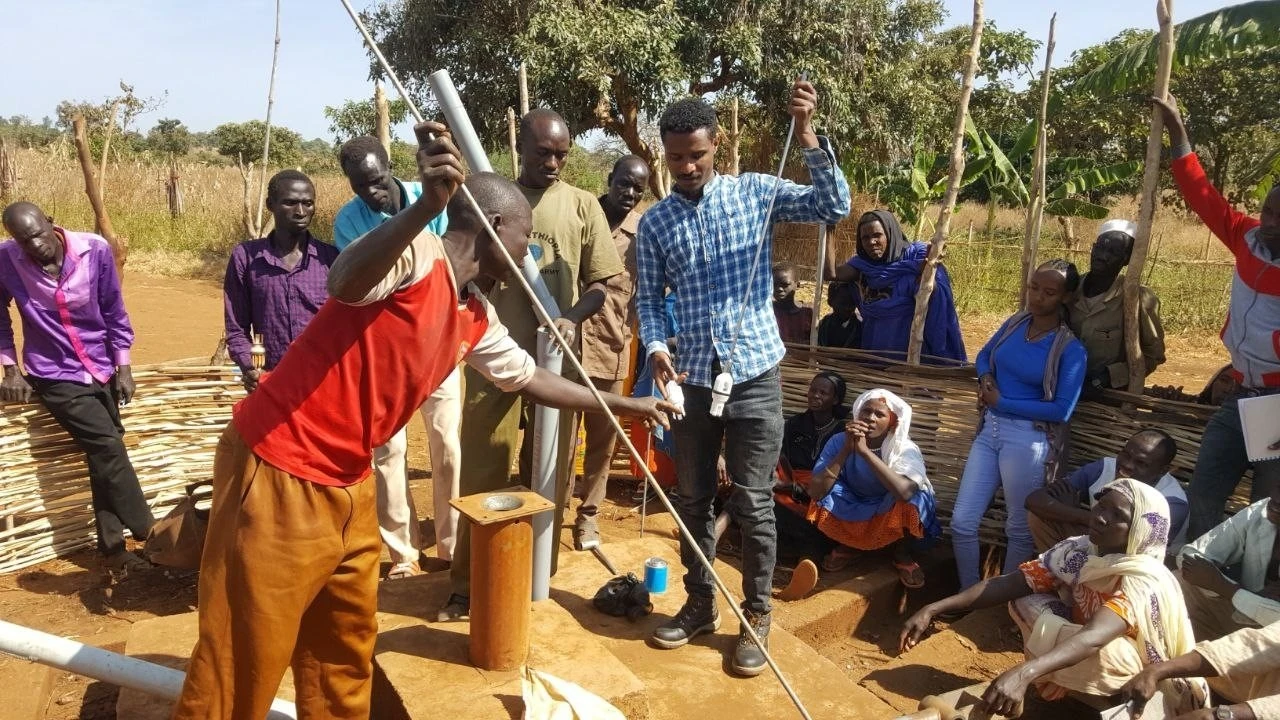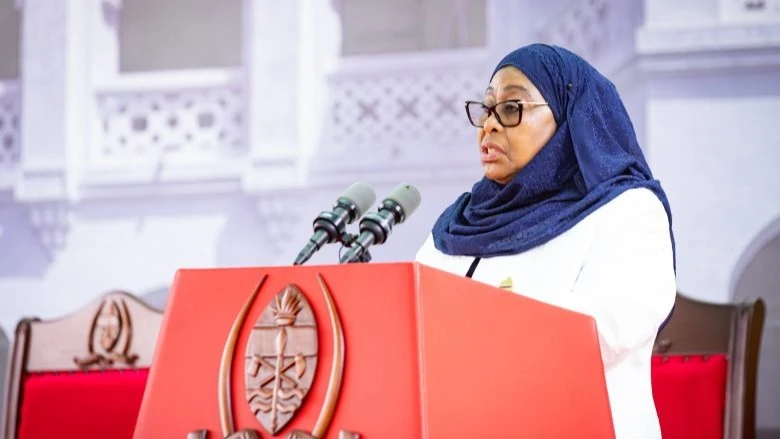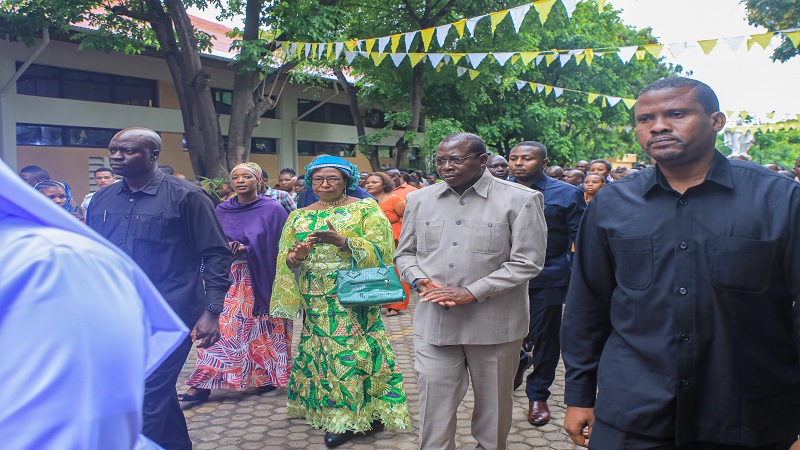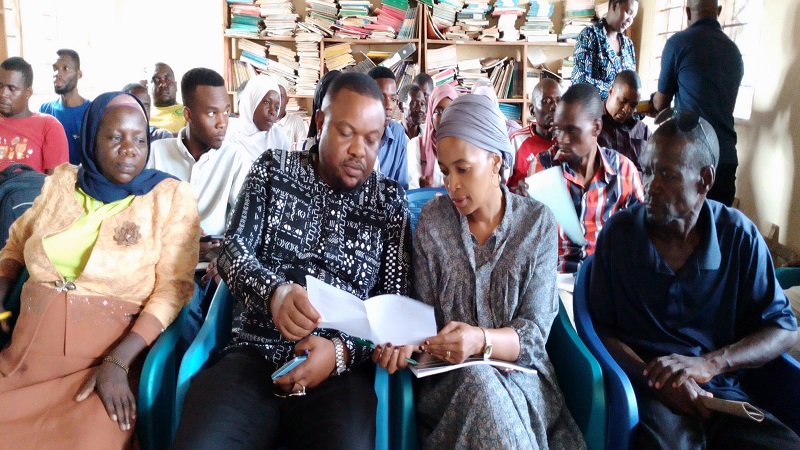‘Local financing vital in combating malaria’
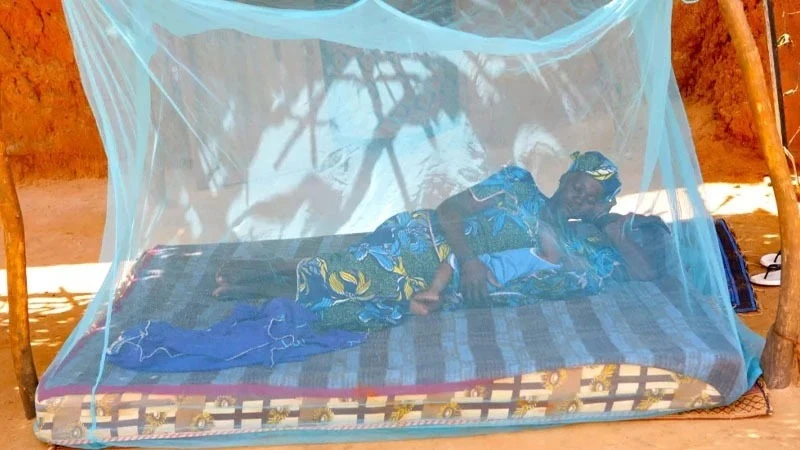
HEALTH researchers have listed down solutions to address existing hurdles likely to hinder the malaria elimination target by 2030.
Dr Patrick Tungu, a senior researcher and head of the Amani Research Centre in Muheza District, Tanga Region, said at the ongoing annual scientific conference for working under the National Institute for Medical Research (NIMR), said yesterday that this includes focusing on outdoor mosquito control instead of focusing on treated bed nets to control night time mosquito bites.
Current tools for combating the disease are effective despite being slow in reducing malaria prevalence, he stated, noting that despite making progress in fighting the disease, Tanzania remains vulnerable to malaria transmission.
Actions based on advanced research are needed to beef up current tools like vector control, resistance and surveillance which are effective but remain slow in controlling malaria prevalence.
“The focus has been on night mosquito bites,’ he said, affirming that new control initiatives are based on clinical studies showing new trends where daytime bites are now becoming the source of malaria transmission.
Larvae source control must be done to reverse the situation, reducing the pace of malaria prevalence, where mosquito nets distribution needs to be supported by vaccination of children under five years as they are the most vulnerable, he stated.
There is a need to strengthen surveillance and monitoring on mosquito resistance, along with resources and financing for the national malaria strategy, he remarked, underlining that funding the national strategy is not satisfactory at present.
The basic requirement is to fund at least up to 50-percent of optimal needs, he said, while Dr Basiliana Emidi, a principal researcher, said there are several challenges impeding efforts to eliminate malaria by 2030, citing the lack of integrated aspirations among stakeholders.
“Studies in science journals have shown that recommendations by scientists are not utilised,” she said, insisting that the government needs to find solutions to finance some local interventions and research.
Dr Emidi, the head of the NIMR Dodoma research centre, pointed at the need for setting out local solutions to local problems, implying a reduction in donor dependency.
“There is a lack of engagement among countries on links to fight the disease together, for example outdoor bites are common in Africa which can be a uniting platform among African countries,” she asserted.
Engaging the most vulnerable groups such as women and children was vital as public and community engagement is vital in cutting malaria prevalence rates, she added.
Top Headlines
© 2025 IPPMEDIA.COM. ALL RIGHTS RESERVED












